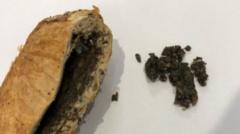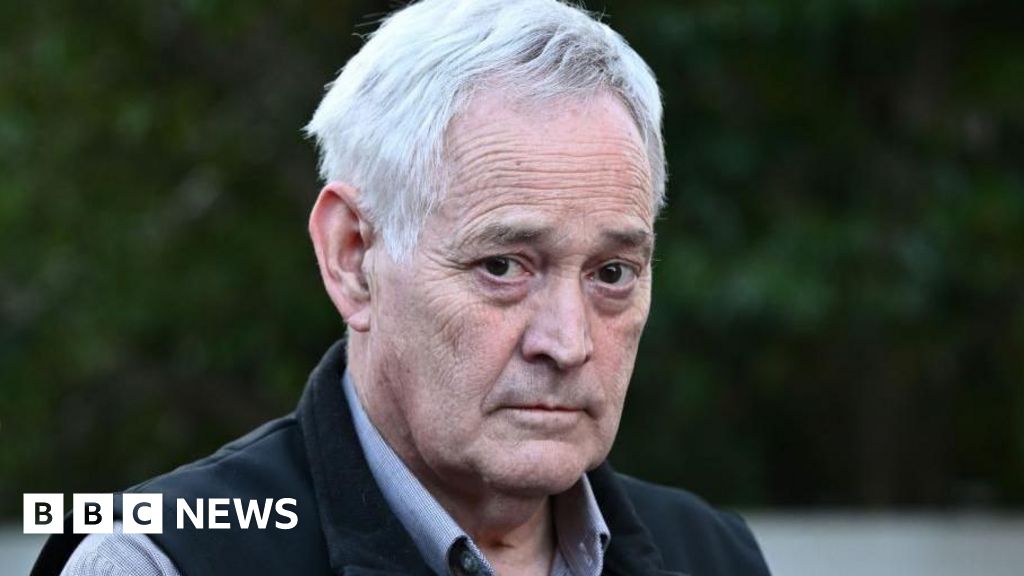Australian woman Erin Patterson has been sentenced to guilt in a highly publicized trial revolving around a fatal meal containing toxic mushrooms. The jury found the 50-year-old from Morwell guilty of murdering her three relatives and attempting to kill a fourth individual who survived the tragic dinner on July 29, 2023.
During the proceedings, which captivated audiences across Australia and beyond, evidence emerged suggesting that Patterson intentionally sought out death cap mushrooms, notorious for their deadly toxins, and then attempted to cover her tracks by disposing of incriminating evidence and misleading authorities. The grim outcome transpired days after the meal, resulting in the deaths of Patterson's former in-laws Don, 70, and Gail Patterson, both of whom died alongside Gail's sister, Heather Wilkinson, 66. The only survivor, Heather's husband Ian Wilkinson, underwent extensive medical treatment but ultimately recovered.
Following the verdict, the Supreme Court of Victoria released an array of nearly 100 images presented during the trial, including photographs of the leftover Beef Wellington that investigators collected as key evidence. These remnants were carefully cataloged and examined for traces of the lethal mushrooms.
Reports indicate that Patterson claimed to have purchased dried mushrooms from an Asian grocery and was unable to recall specific details regarding the transaction. Her inconsistent testimony heightened suspicion when detectives pinpointed sightings of death cap mushrooms near her home, which had been reported by concerned locals on an online plant database.
Additionally, Patterson's mobile data revealed a troubling pattern: her searches on iNaturalist, which included instances of viewing death cap mushroom sightings. Forensic experts recovered images from her phone showing these dangerous fungi being weighed, further solidifying the case against her.
The court also unearthed evidence of Patterson discarding a food dehydrator—later determined to harbor traces of death cap mushrooms—shortly after the poisoning. Despite her denial of owning such a device, the prosecution presented documents proving otherwise, coupled with video footage capturing her disposing of the appliance.
As the trial unfolded over nine intense weeks, it illuminated the case as a complex mix of intentional malice and deception that ultimately led to an intertwined web of familial tragedy and legal reckoning, marking a disturbing chapter in Australian criminal history.

















